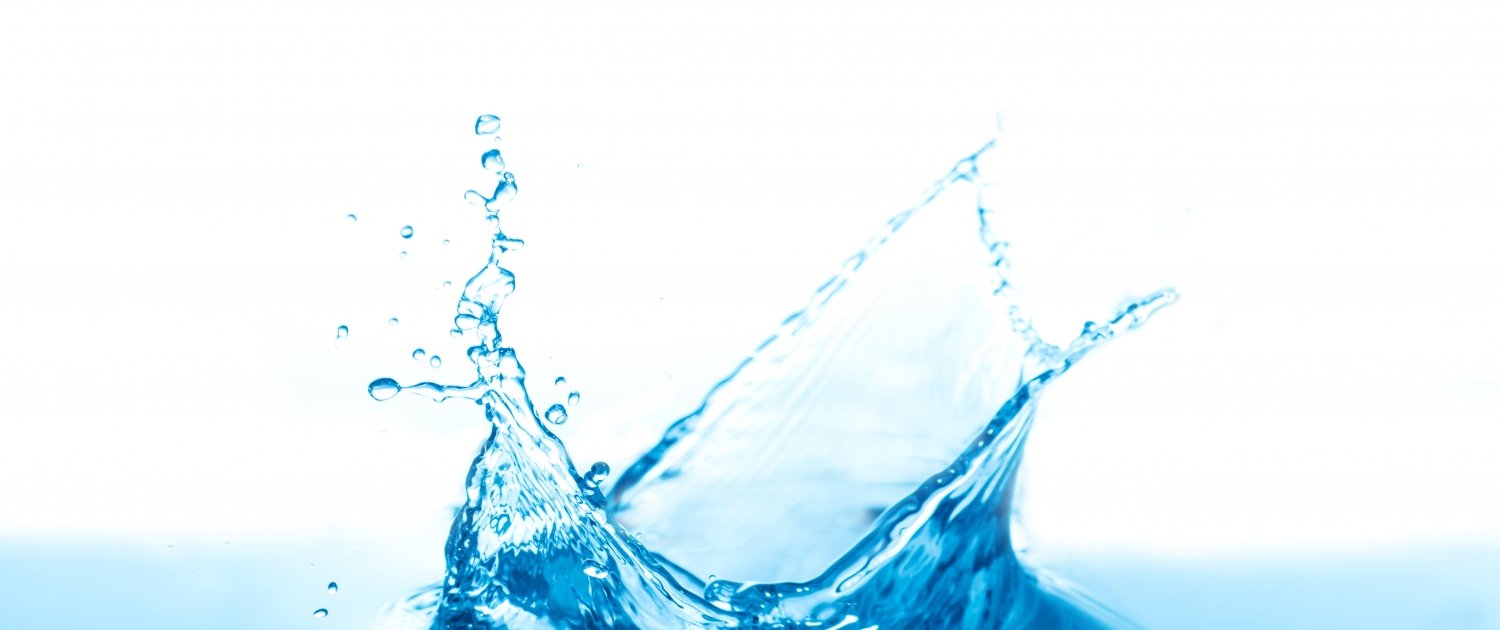Sustainable water supplies
A sustainable water supply does not damage the natural environment, involves and benefits the local community, supports the local economy and can be applied to both HICs, NEEs and LICs. Water conservation, groundwater management, recycling and ‘grey water’ are all sustainable strategies that can be adopted.
Water conservation
Water conservation involves using water more sparingly and reducing waste. Examples of this include:
- Reducing water usage by installing water meters in homes and businesses.
- Using more efficient irrigation techniques, such as drip irrigation rather than using sprinklers, leads to greater rates of evaporation.
- Reducing leakages caused by broken pipes. Up to one-third of the global water supply is lost due to leaks. 3.3 billion litres of water is lost every year in the UK.
- Preventing water pollution of aquifers and rivers, therefore conserving freshwater supplies.
Groundwater management
If aquifers are to be sustainable, they need to be carefully managed in terms of water quality and quantity. Abstracting water from aquifers must be balanced by natural recharge (precipitation) or artificial recharge (pumping water into an aquifer) from rivers and lakes.
In some parts of the world, such as the Middle East, aquifers formed thousands of years ago when the climate was wetter (fossil aquifers) are now being exhausted.
In HICs, groundwater management is the responsibility of water companies who carefully monitor water tables and quality. Aquifers remain healthy due to the regulations imposed on them. Poor management of aquifers and groundwater can result in rivers drying up as the water table falls. This can have a detrimental impact on ecosystems.
Many families rely on unregulated groundwater in LICs, accessed through wells. Due to the lack of sanitation, pollution is common. Also, these water sources can become overused and depleted.
Recycling
Some scientists have claimed every glass of drinking water contains dinosaur urine. The treatment and re-use of water is common throughout the world. Industrial and domestic wastewater can be treated and used for other purposes, including electricity generation, irrigation and industry.
‘Grey’ water
‘Grey’ water is wastewater from people’s homes that can be recycled and used inside and outside the home. An example is when rainfall is captured and then used to flush toilets.
In some water deficit areas worldwide, such as Spain, houses with separate drinking water and ‘grey’ water systems are built.
Related Topics
Use the images below to explore related GeoTopics.


